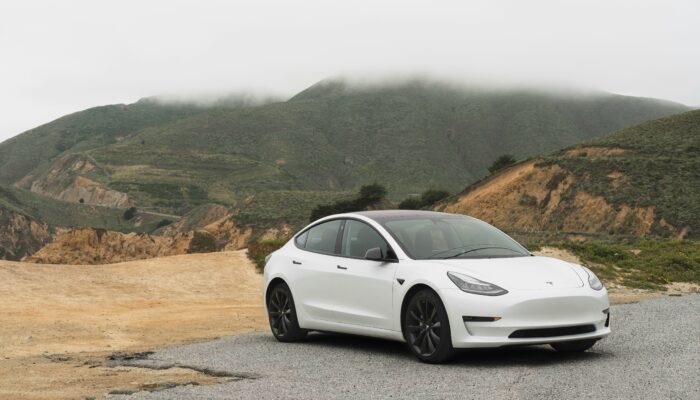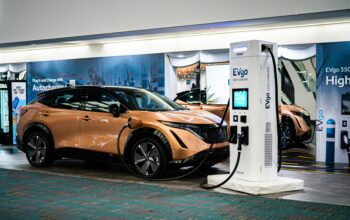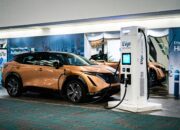Uzone.id – The global automotive industry is currently undergoing a major transformation. Starting from environmental awareness, automotive manufacturers are asked to strive for cleaner exhaust emissions, so many are competing to produce vehicles that are more environmentally friendly.
There are at least two technologies that are a mainstay in this transition, namely hybrid cars and electric cars. So between the two, which one dominates the global automotive market today?
Let’s discuss the technology first, hybrid cars rely on two important components, namely a traditional petrol engine and an electric motor. These two combinations can produce better fuel efficiency and emissions than conventional cars.
In contrast, electric cars only rely on electric motors and batteries as power sources without using a gasoline engine. With these two components, electric cars certainly have no emissions, more powerful performance, and also cheaper power sources.
If we discuss the growth of both, in terms of price, hybrid cars have a more affordable price tag than electric cars. This is the main advantage of hybrid cars, as stated by David Bailey as Senior Analyst at Jato Dynamics, “hybrid cars are the right choice for consumers who want an environmentally friendly and fuel efficient vehicle,” as quoted by Forbes.
In terms of infrastructure, hybrid cars also benefit more because they still use gasoline as the main power source. With a very wide network of gas stations available, it makes it easy to refuel hybrid cars.
On the other hand, electric car infrastructure requiring charging stations has not grown evenly in many countries. This lack of infrastructure is certainly a challenge for automotive manufacturers, including the government in the local country.
“Charging infrastructure is still the main obstacle for electric cars,” said Chris Bryant, analyst at BloombergNEF, as quoted by Reuters.

However, electric cars have advantages in terms of incentives and subsidies offered by the government. Many governments in a country carry out this policy to encourage the development of electric cars, so that they can influence consumer preferences.
Data-wise, it is predicted that hybrid car sales will continue to increase in the future, especially in developing countries. The basis for this assessment is that hybrid cars have more affordable prices, adequate infrastructure, and government policy support in a country is also a driving factor.
Data from Statista shows that global hybrid car sales have reached 22.6 million units in 2022. This figure is predicted to continue to increase until it reaches 43.8 million units in 2027.
Meanwhile, even though electric cars are constrained by infrastructure, sales are predicted to grow very rapidly. The difference is that electric cars are projected to be more popular in developed countries that have government support to build more massive charging stations.
Based on Statista data, global electric car sales will only reach 6.6 million units in 2022. The prediction is that in 2027 it will reach 26.9 million units, although this projection only slightly exceeds the achievement of hybrid cars in 2022.
Even though hybrid cars seem more promising until 2027, that doesn’t mean this segment doesn’t have challenges. Because hybrid technology still produces emissions, it remains an enemy of the environment that wants to be cleaner by 2030.
While electric cars are believed to be the vehicles of the future, they still have their own challenges. Especially in terms of charging infrastructure which is still uneven in some countries, making growth hampered.
To answer the question, of which of hybrid cars and electric cars has more promising growth is certainly not easy. Both have contradictory advantages and disadvantages. In the future, the growth of these two technologies will depend on various factors, one of which is consumer preferences which will determine the success of the two segments.
















